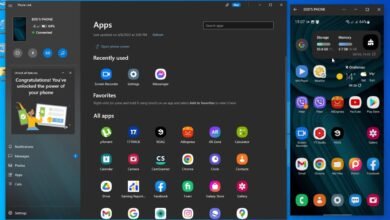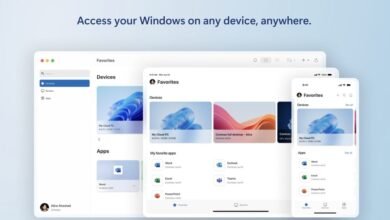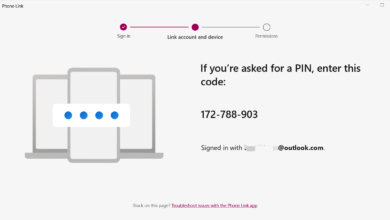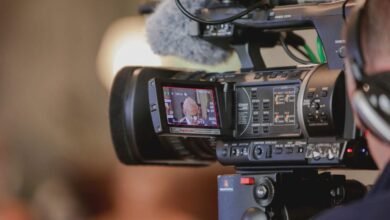How GPS Technology Powers Navigation and Transforms Industries in 2025
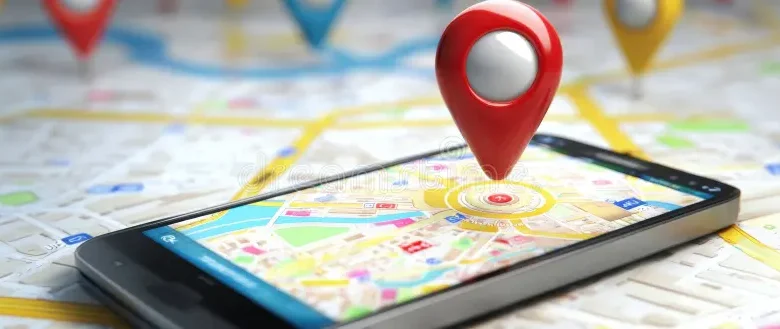
Ever gotten lost on a road trip, only to be saved by your phone’s GPS? That little tech miracle is more than just a digital map—it’s a game-changer for businesses and everyday life. As a small business owner who once scrambled to track deliveries for my online craft store, I’ve seen how GPS can turn chaos into control. In 2025, with satellites smarter than ever, GPS is revolutionizing industries far beyond navigation. Let’s unpack how GPS works and which sectors are riding its wave to success, with a sprinkle of my own lessons learned along the way.
What Is GPS, and How Does It Work?
GPS, or Global Positioning System, is like having a cosmic guide watching over you. It’s a network of about 31 satellites orbiting Earth, beaming radio signals to receivers in your phone, car, or even a delivery truck. These signals help pinpoint your exact location through a process called trilateration, which calculates distances from multiple satellites. Picture it as a celestial game of connect-the-dots, accurate to within 7.8 meters 95% of the time.
What’s cool is how GPS has evolved. Newer systems like Europe’s Galileo boost precision, making it a must-have for industries needing real-time accuracy. From my own experience, using GPS to track shipments saved me hours of customer service headaches. Pair it with tools like the Controlio tracking app, and businesses can monitor assets or even track their employees with ease, ensuring efficiency without micromanaging.
-
Logistics and Transportation: Delivering on Time, Every Time
If time is money, logistics is where GPS shines brightest. Delivery services, trucking companies, and couriers rely on GPS to optimize routes, dodge traffic, and provide accurate ETAs. I remember when my craft store partnered with a local courier; their GPS system cut delivery times by 20% by rerouting around construction zones. Real-time tracking also reduces fuel costs and keeps customers happy with precise updates.
Beyond navigation, GPS geofencing alerts dispatchers when vehicles stray from designated routes, enhancing security. For example, a stolen delivery van can be located in minutes, saving thousands in losses. Whether it’s last-mile delivery or long-haul trucking, GPS is the backbone of a smooth supply chain.
-
Construction: Safeguarding Assets, Boosting Efficiency
Construction sites are chaotic—expensive equipment moves between job sites, and misplacement is a costly nightmare. GPS asset tracking solves this by monitoring machinery like cranes or excavators in real time. When I helped a friend’s construction crew implement GPS, they stopped losing tools to theft and cut downtime by ensuring equipment was always where it needed to be.
GPS also helps with project timelines. By tracking worker locations and equipment usage, managers can streamline schedules and avoid delays. Tools like the Controlio app make it easy to verify that crews are on-site, boosting accountability without breathing down anyone’s neck.
-
Healthcare: Saving Lives with Precision
In healthcare, every second counts. GPS helps hospitals locate critical equipment like defibrillators or wheelchairs instantly, speeding up emergency responses. I once volunteered at a clinic that used GPS to track mobile medical units, ensuring they reached rural patients on time. It was a lifeline for communities with limited access.
Ambulances also use GPS to find the fastest routes to emergencies, cutting response times significantly. With 2025’s focus on telehealth and mobile clinics, GPS ensures healthcare providers can deliver care efficiently, wherever patients are.
-
Agriculture: Farming Smarter, Not Harder
Precision farming is where GPS gets downright futuristic. Farmers use GPS-guided tractors to plant seeds with pinpoint accuracy, reducing waste and boosting yields. My cousin, who runs a family farm, swears by GPS for mapping fields and monitoring crop health. It’s like giving plants a personal GPS tracker to thrive.
Drones equipped with GPS are also revolutionizing agriculture, delivering fertilizers or scanning fields for pests. This tech cuts costs and supports sustainable practices, making it a win for farmers and the planet.
-
Public Safety: Keeping Communities Secure
First responders rely on GPS to act fast. Police use it to dispatch the nearest squad car to a crime scene, while firefighters navigate to emergencies through real-time traffic data. During a local flood relief effort I joined, GPS helped coordinate rescue teams, ensuring no one was left stranded.
GPS also powers eCall systems in vehicles, automatically sending crash locations to emergency services. In 2025, with smart cities on the rise, GPS is the unsung hero keeping our communities safe and connected.
Final Note: GPS Is Your Business’s Superpower
From logistics to healthcare, GPS is more than a navigation tool—it’s a catalyst for efficiency, safety, and growth. My craft store wouldn’t have scaled without GPS tracking to streamline deliveries and build customer trust. Whether you’re a farmer, a fleet manager, or a first responder, GPS unlocks possibilities that save time and money. Ready to harness its power? Start with tools like the Controlio app to transform your operations. Here’s to navigating 2025 with confidence and precision.
